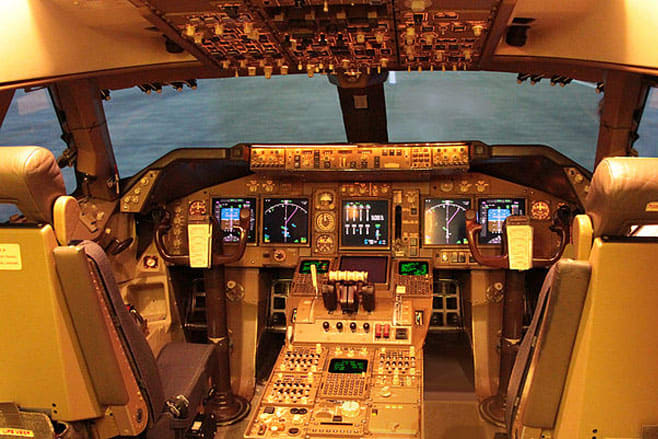SRINAGAR: Pakistan's open criticism of Centre-appointed Jammu and Kashmir interlocutor, Dineshwar Sharma, may have fuelled the Hurriyat Conference's outright refusal to engage with him in a sustained dialogue process.
Barely a fortnight before Sharma visited the valley on his maiden trip to engage all stakeholders in finding a resolution to strife-torn Kashmir, Pakistan foreign office spokesman Nafees Zakaria said on October 23, that the dialogue process was "unrealistic and lacked sincerity" as it did not involve Islamabad.
Two days after Zakaria's comment, Syed Salahuddin, chief of the United Jihad Council (UJC), an umbrella group of terrorist organisations in the valley, rejected talks with Sharma, echoing Pakistan's word that any dialogue process should involve all three stakeholders, India, Pakistan and Kashmiris.
Sharma, who is on a five-day visit to the valley, has met at least 39 delegations so far. However, the Hurriyat Conference refused to meet him, terming his appointment as an eyewash. Sources said the Hurriyat took the decision to boycott the dialogue process after measuring Pakistan and UJC's stand on the matter. It also urged several civic and trade bodies not to meet Sharma.
On October 31, the Hurriyat members had issued a statement that said, "Sharma's assertion that he is coming to the valley with the directive from Government of India to restore peace rather than addressing the dispute limits the scope of any engagement with him and makes it an exercise in futility."
Barely a fortnight before Sharma visited the valley on his maiden trip to engage all stakeholders in finding a resolution to strife-torn Kashmir, Pakistan foreign office spokesman Nafees Zakaria said on October 23, that the dialogue process was "unrealistic and lacked sincerity" as it did not involve Islamabad.
Two days after Zakaria's comment, Syed Salahuddin, chief of the United Jihad Council (UJC), an umbrella group of terrorist organisations in the valley, rejected talks with Sharma, echoing Pakistan's word that any dialogue process should involve all three stakeholders, India, Pakistan and Kashmiris.
Sharma, who is on a five-day visit to the valley, has met at least 39 delegations so far. However, the Hurriyat Conference refused to meet him, terming his appointment as an eyewash. Sources said the Hurriyat took the decision to boycott the dialogue process after measuring Pakistan and UJC's stand on the matter. It also urged several civic and trade bodies not to meet Sharma.
On October 31, the Hurriyat members had issued a statement that said, "Sharma's assertion that he is coming to the valley with the directive from Government of India to restore peace rather than addressing the dispute limits the scope of any engagement with him and makes it an exercise in futility."
Get latest news & live updates on the go on your pc with News App. Download The Times of India news app for your device.
















